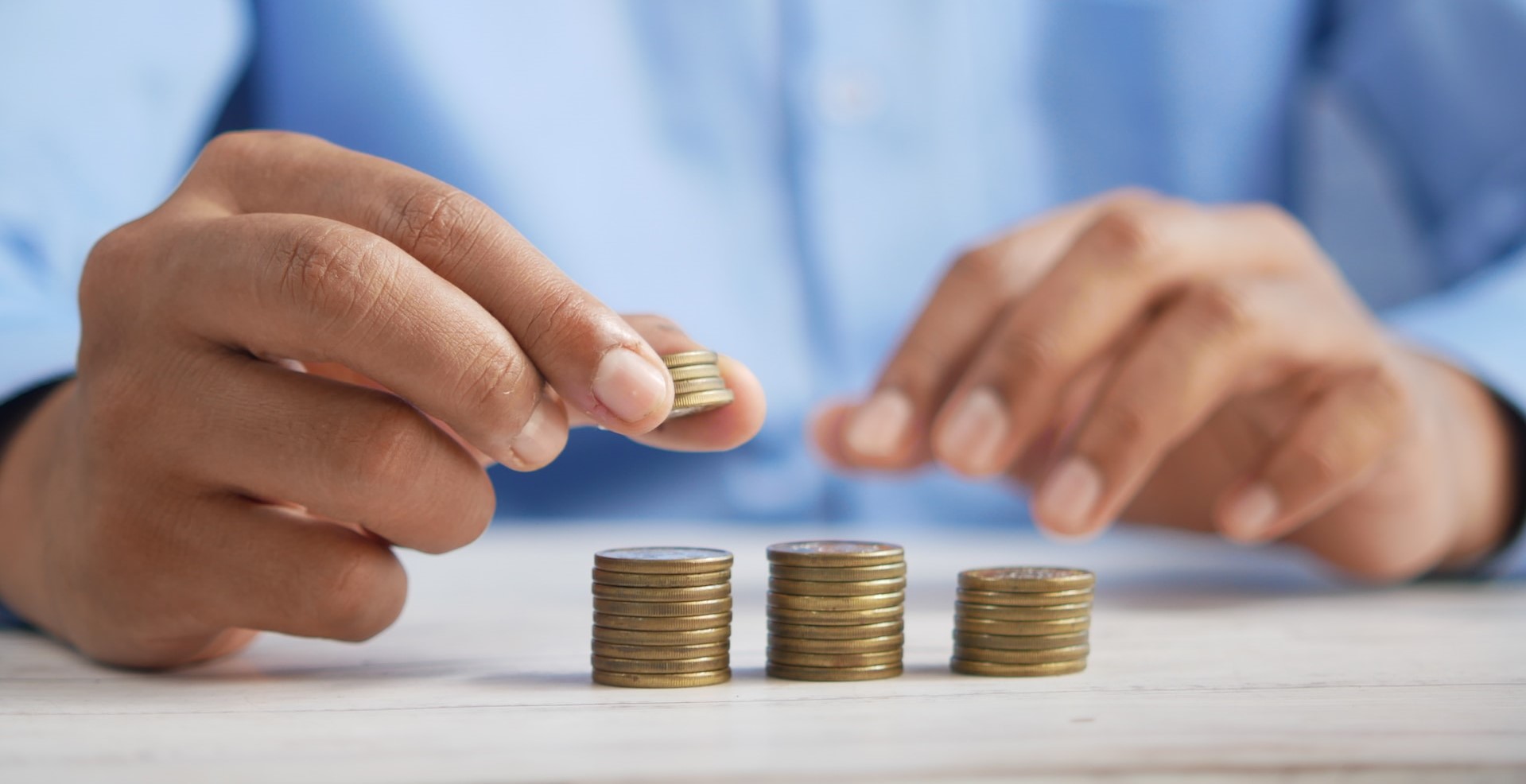What is the Bankruptcy Means test
The means test is an important component of the bankruptcy process. Its primary function is to determine whether an individual or household has sufficient financial means to repay their debts, specifically in the context of Chapter 7 bankruptcy. Chapter 7 bankruptcy is a type of bankruptcy that allows individuals or businesses to discharge their eligible debts and obtain a fresh financial start. However, not everyone qualifies for Chapter 7 bankruptcy, as there are income limitations in place to prevent abuse of the system. The means test helps determine eligibility for Chapter 7 bankruptcy by assessing the debtor's income and comparing it to...
Continue reading


